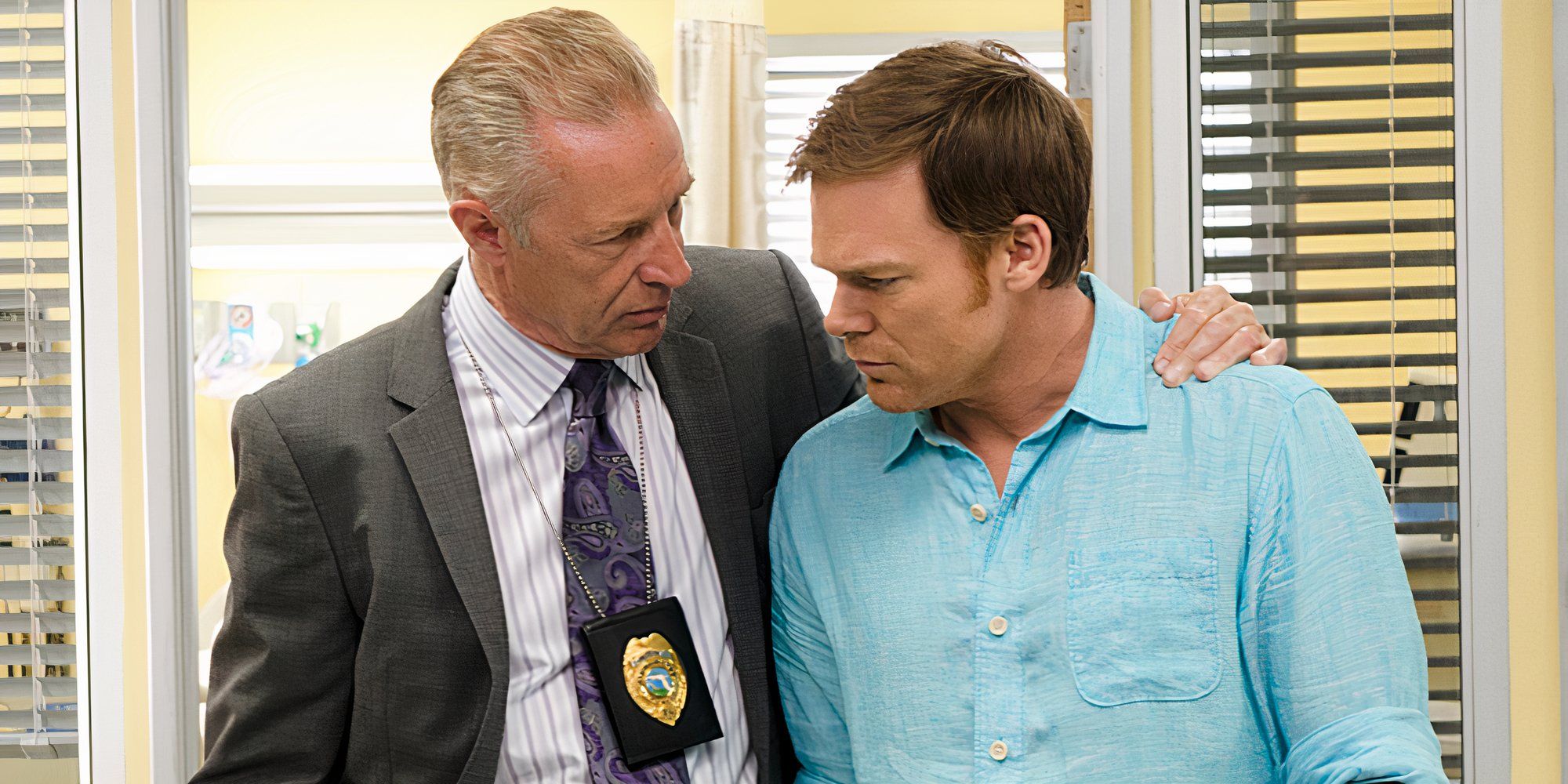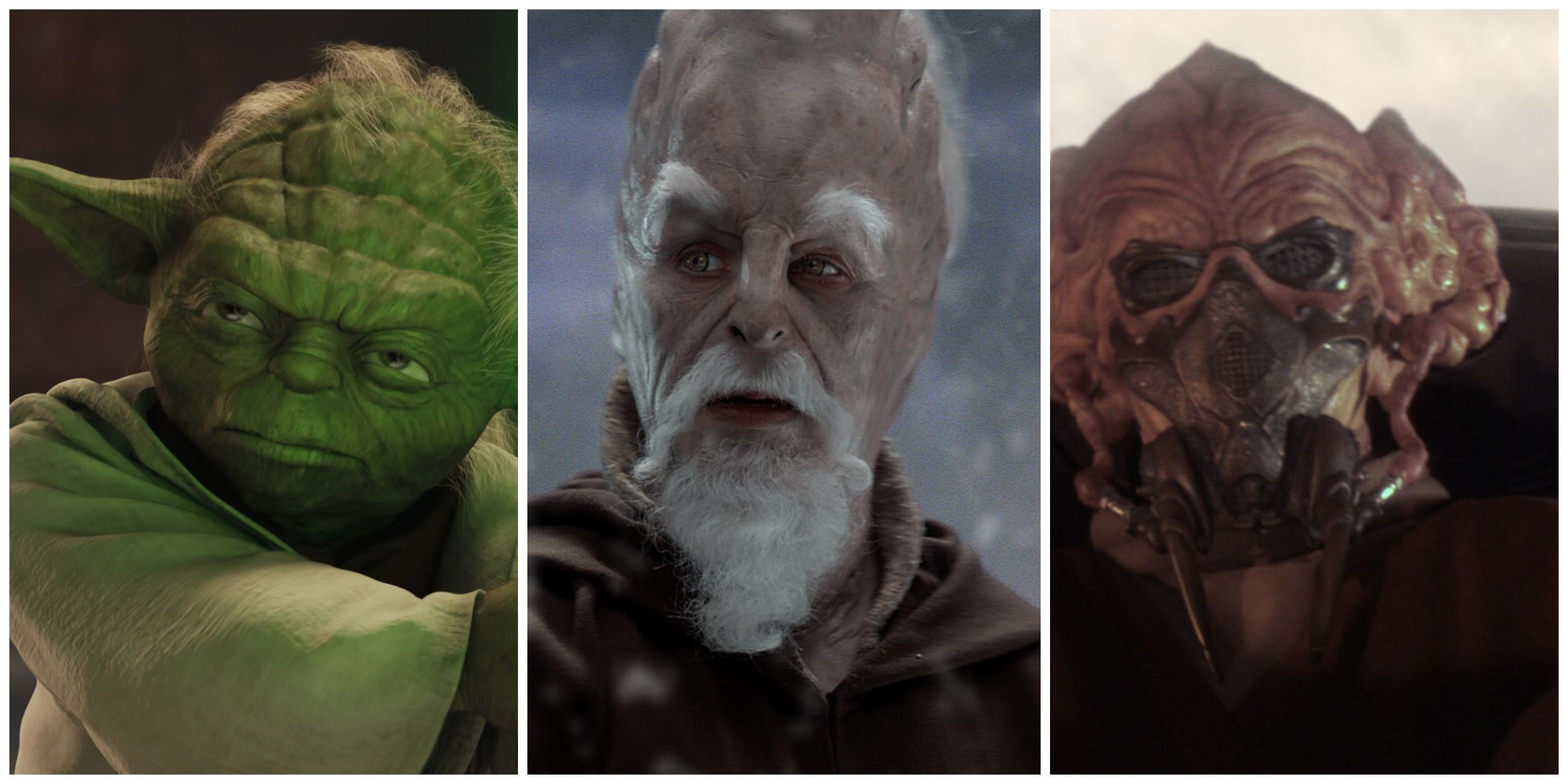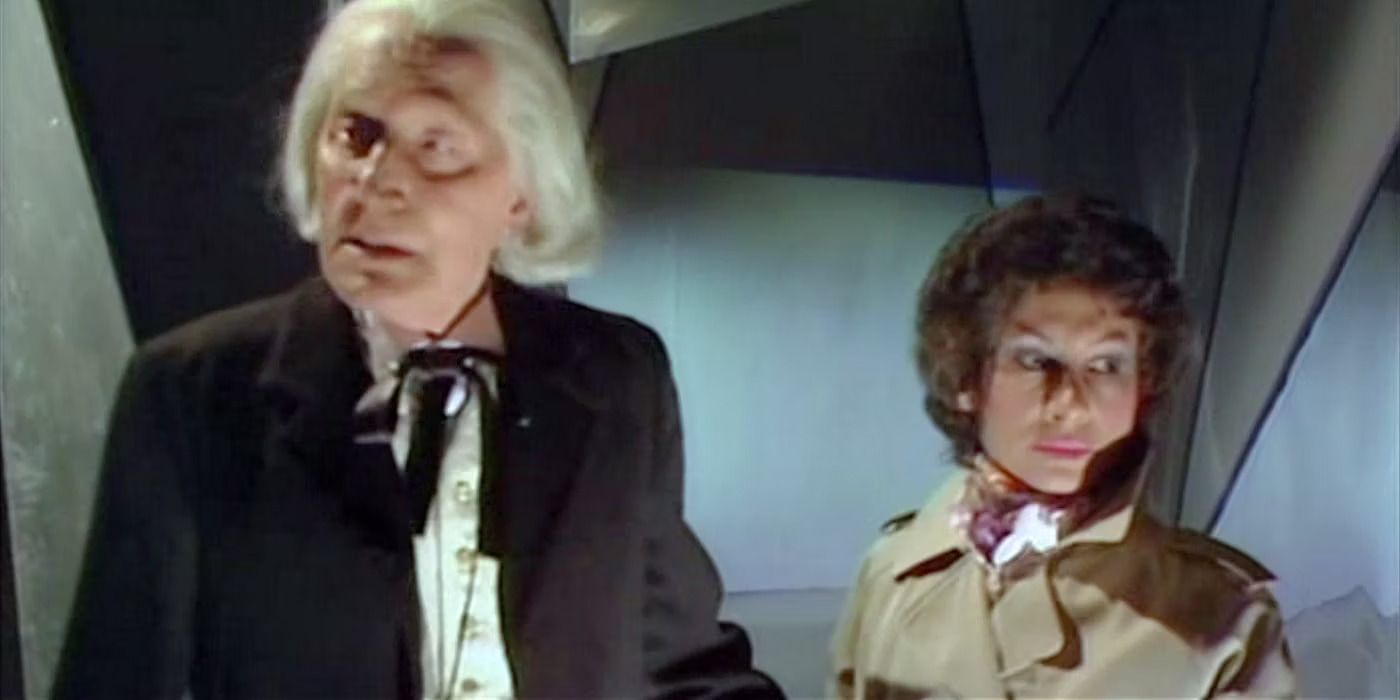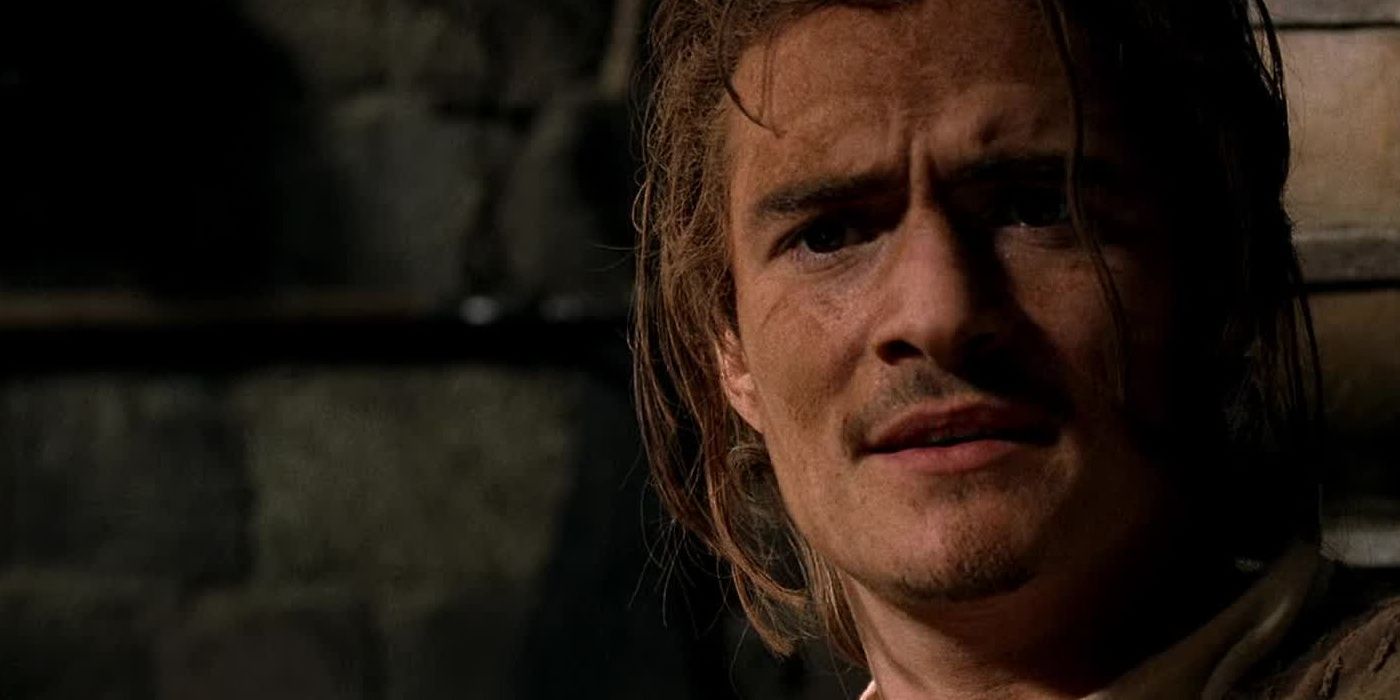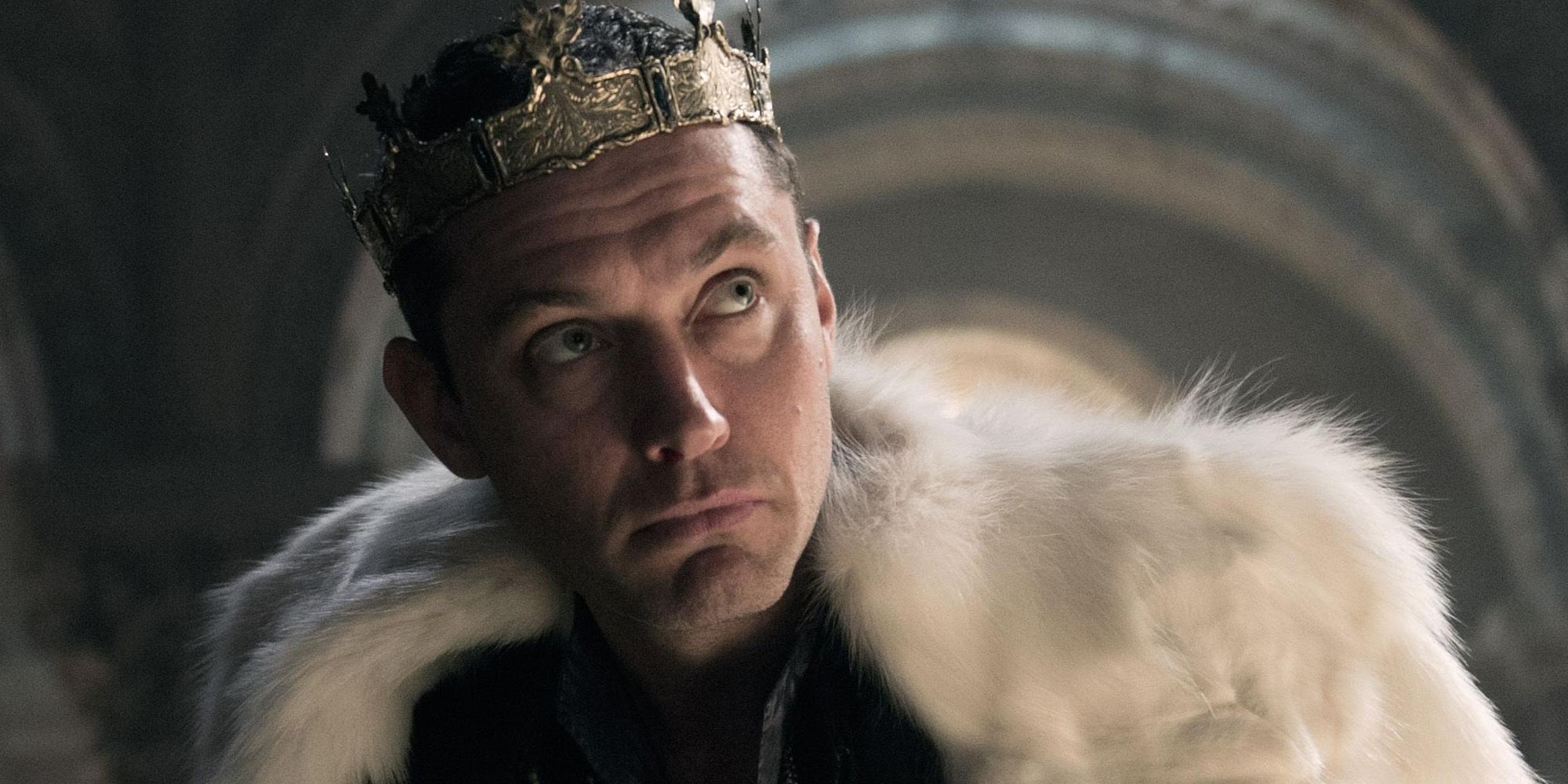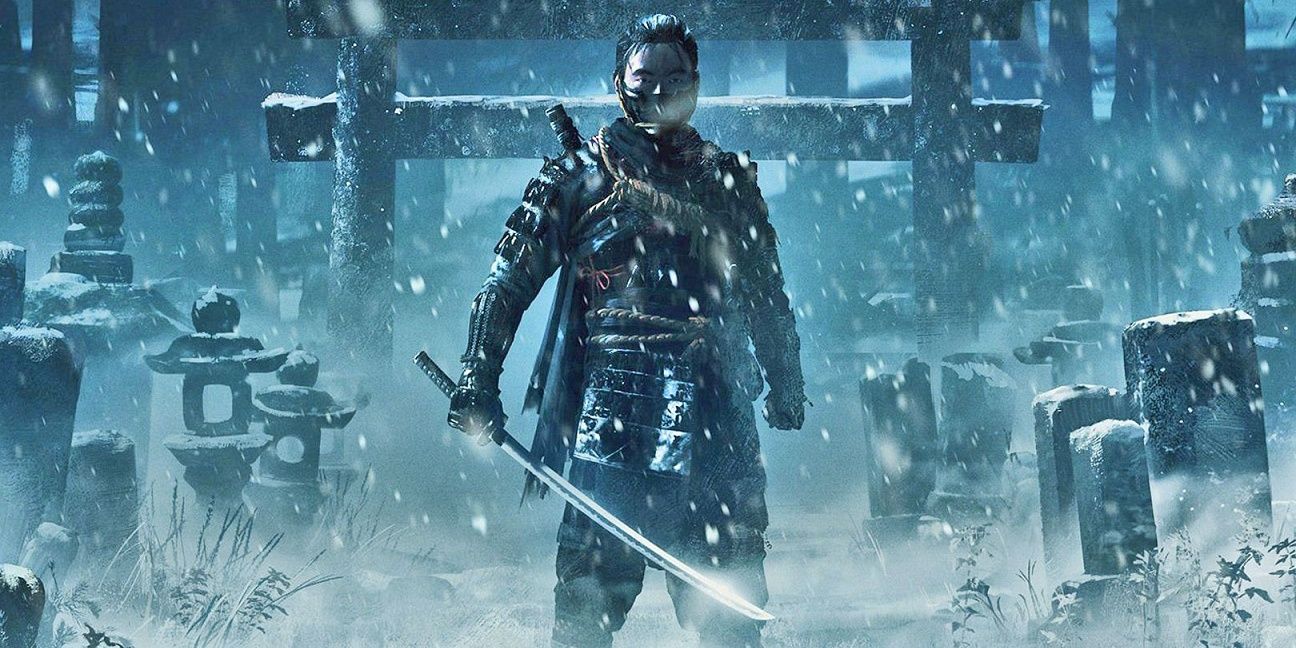In fiction, the audience expects honor to be treated with respect. When a character does the right thing, they are typically rewarded with success. Upholding one's honor often requires sacrifice, and the price can eventually get a bit too high. When a fundamentally heroic character refuses to listen to the forces of logic, they're putting Honor before Reason, and the consequences can be dire.
Genre fiction lives on a spectrum with shiny happy stories on one side and grimdark fantasy on the other. As any story shifts towards the dark side, it's more likely to star anti-heroes or complicated protagonists. Honor can be vexing in real life, but a particularly edgy narrative lives on punishing heroes for their virtue.
Heroes almost always live by a code. True paragons of justice tend to have strict rules against killing if not total adherence to all normal laws. Heroes who find themselves on the chaotic end of the spectrum still tend to have standards. If a hero states their hard and fast dedication to pacifism, being forced to fight will cause them a lot of strife. If they refuse to fight, even when countless lives are on the line, they're sticking to their honor beyond their reason. This trope covers a lot of willing adherence to broken codes, but it also covers the dumber examples. If a character is bound to a deal that shouldn't mean anything, they're putting their word before their life. Some examples allow the character to shine, fully devoted to a moral code. Others wind up making them look stupid, if not selfish for their obsession with their own rules.
Though this trope affects heroes most often, it can tie to a villain if the circumstances are right. One of the oldest examples is, bizarrely, The Devil. Satan is evil incarnate, he could never be accused of being overly devoted to morality. However, Old Scratch does get a bit too bound by his word. When Satan makes a deal with anyone, he's locked in, no matter the consequences. He's The Devil, capable of corrupting, consuming, or killing almost any being he encounters. Yet, many normal mortals best him in a game of wits by being clever with their wording. The Devil is arguably lawful evil, but the laws only seem to get involved when they're getting in his way. Just about any "deal with the devil" story that doesn't end with the subject's death is a case of Satan's honor getting in his way.
The entire Game of Thrones franchise operates on Honor before Reason. It's so common that any display of honor comes across as a failure of intelligence. No good deed goes unpunished in Westeros. Look no further than the first heartbreaking death of the show, Eddard Stark. Ned wants to do everything the right way, to save every life, and to come away with his head held high. The world he lives in kicks him in the teeth over and over for daring to strive for nobility. He is given multiple opportunities to betray the angel on his shoulder, and he refuses every time. Everyone else in the kingdom thinks he's a self-righteous fascist who would execute any criminal without a second thought. Ned's moral righteousness gets him killed, but it lives on in the dodgy decisions of his sons. The lesson is fairly clear, anyone with power is a monster and to live among them is to become them.
Sucker Punch's recent samurai game Ghosts of Tsushima is based almost entirely on the internal war between honor and reason. The main character Jin Sakai is a devoted samurai who insists upon meeting his opponents in fair fights. After being soundly beaten, he and his allies learn that honor is a luxury that he could only afford when his side was winning. The armies of the Khan are bearing down upon the innocent people of Japan, and honor simply isn't going to save the day. Jin has to learn the ways of the ninja and willingly choose pragmatism over his values. His family is less sympathetic. His uncle seems convinced that things must be done the right way, but the player is under no obligation. The story and gameplay reinforce the concept, making the game much harder for those who try to skip the stealth. It's a perfect example of the concept, demonstrating how a hero might find the weak points of honor and make the ultimate sacrifice.
It can be easy to watch a character make a decision that might put Honor before Reason and declare them an idiot. Choosing a worse outcome for a do-or-die situation to protect some vague sense of personal responsibility can also sound like the correct moral choice. But, if a character is so devoted to their values that they allow others to suffer, it can be just as selfish as any form of dishonor.

